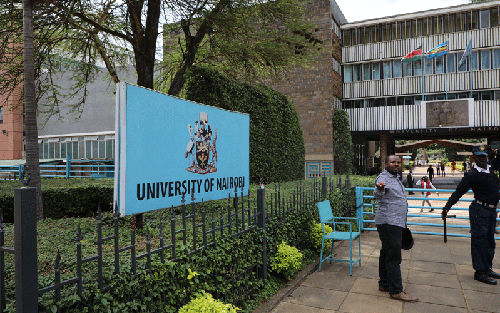Speaking at an international workshop for educationists held in Luanda, Angola, which attracted over 55 participants from 19 countries, Maindi highlighted the transformative potential of KCATS for Kenya’s education system.
He noted that Kenya is prepared to provide technical expertise to several African countries that have shown interest in adopting a similar system.
“KCATS offers a platform for employers to collaborate with educational institutions, allowing them to influence curriculum development to better meet industry needs. This system systematically validates, recognizes, and transfers prior learning achievements or accumulated credits towards a qualification, supporting lifelong learning,” said Maindi.
He further emphasized that KCATS facilitates student mobility across institutions, programs, borders, and qualification levels, and supports lifelong learning initiatives.
Maindi explained that the Kenya Credit Accumulation and Transfer policy framework brings much-needed clarity to Kenya’s increasingly diverse qualifications ecosystem.
It is aligned with the Kenya National Qualification Framework (KNQF), its level descriptors, as well as regional and continental frameworks.
“In line with regional and continental education harmonization efforts, such as UNESCO’s Addis Convention on the recognition of degrees and certificates (2014), the Credit Accumulation and Transfer (CAT) system is a critical tool for quantifying and validating qualifications,” he stated.
In the university sector, Maindi emphasized the substantial benefits of KCATS, which ensures that Kenyan qualifications are internationally comparable and compatible, enhancing the global recognition of Kenyan degrees.
The system also promotes academic mobility, allowing students to transfer credits between institutions, ultimately reducing the time and cost required to complete a degree.
The KCATS policy, developed by the KNQA in collaboration with stakeholders in the education, training, and labor sectors, is expected to catalyze seamless mobility and inspire a new era of holistic education and training in Kenya.
The two-day forum, which concluded on Friday, was supported by the African Union in collaboration with the European Training Foundation (ETF).
It aimed to promote the implementation of the African Continental Qualifications Framework (ACQF) as a continental policy instrument.




